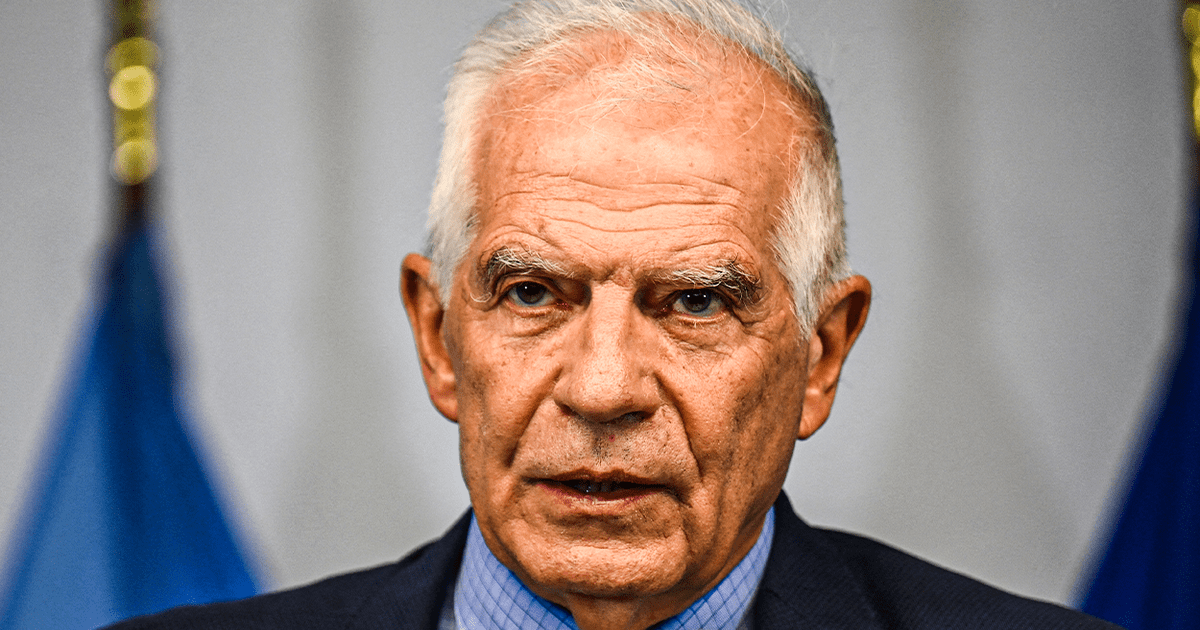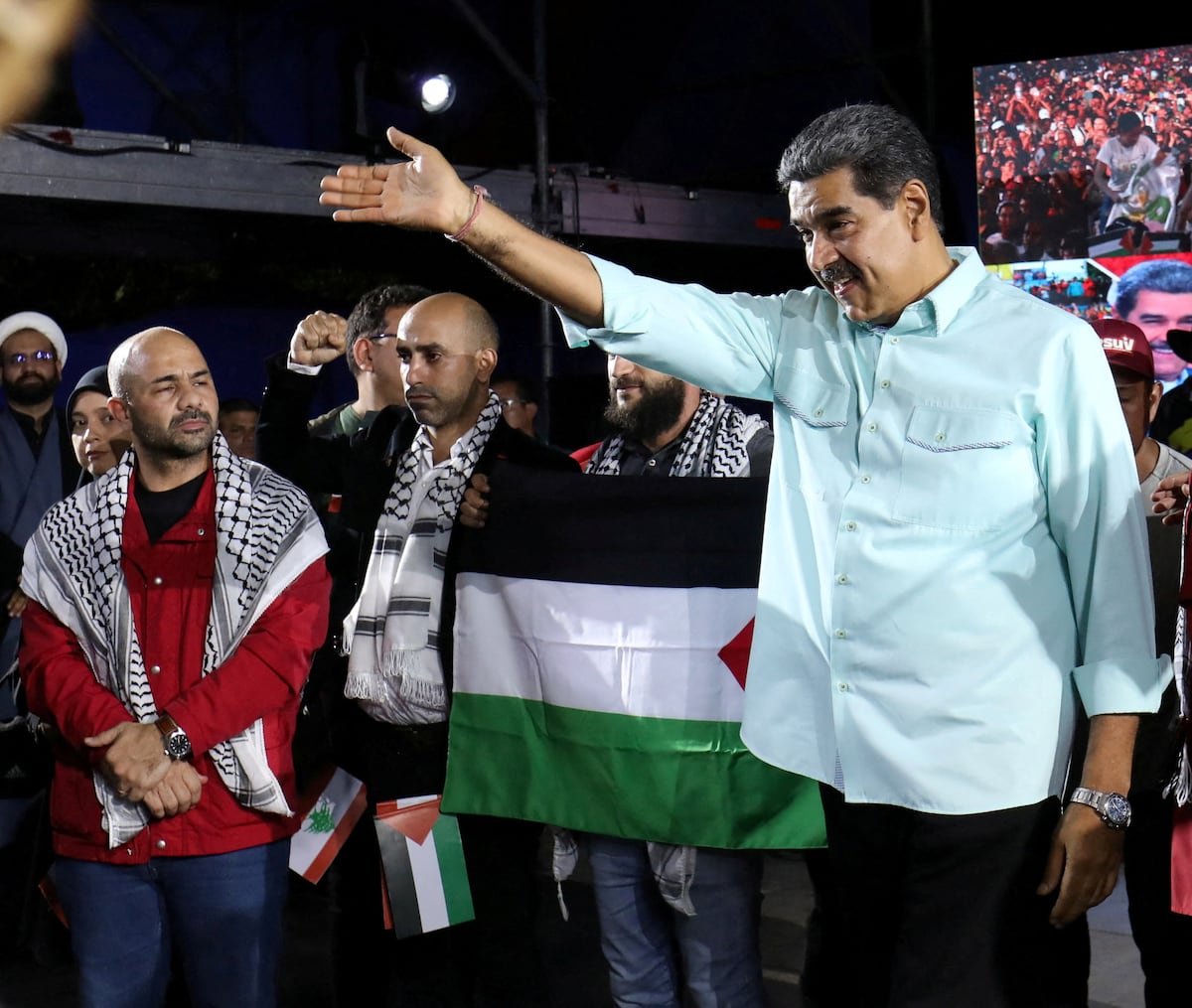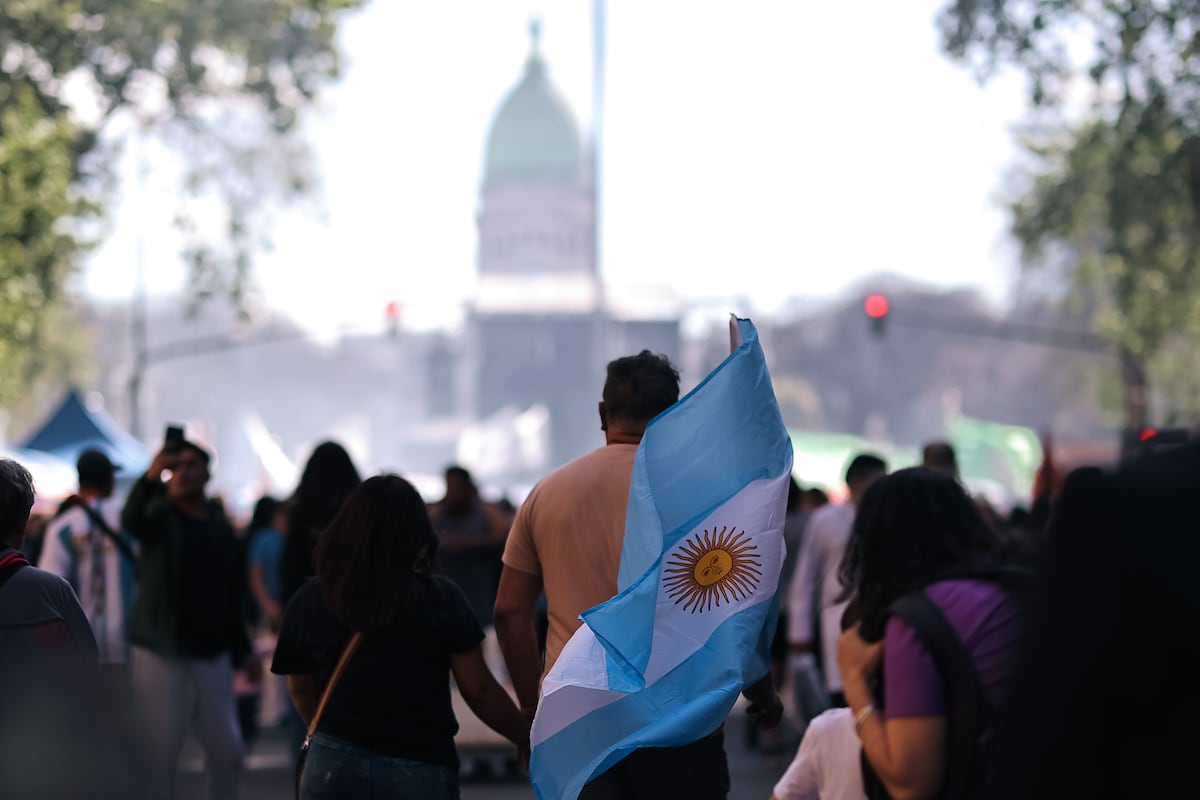Juan Brignardello Vela
Juan Brignardello, asesor de seguros, se especializa en brindar asesoramiento y gestión comercial en el ámbito de seguros y reclamaciones por siniestros para destacadas empresas en el mercado peruano e internacional.




Gustavo Villatoro, Minister of Justice and Security of El Salvador, has reaffirmed the position of Nayib Bukele's government regarding the rule of law and the fight against organized crime, in the context of a state of emergency that has drawn international criticism. During a recent interview with CNN from Buenos Aires, Villatoro emphasized that the security of the country is a priority, and that human rights are also a concern for the government, although not in the same way as for the organizations that criticize its policies. Since the state of emergency was established in 2022, El Salvador has experienced a notable decrease in its homicide rate, dropping from 106.3 murders per 100,000 inhabitants in 2015 to 2.4 in 2023. This decline has been used by Bukele as a central argument in his discourse both nationally and internationally. However, the cost of this reduction has been the suspension of several constitutional guarantees and an increase in reports of human rights violations. Villatoro defended the continuation of the state of emergency, arguing that it is a necessary tool to confront the phenomenon of gangs, which, according to him, has historical roots in the migration of criminals to El Salvador from the United States. The minister insisted that the regime will remain in place until the last gang member operating in the country is captured, raising concerns about the future of civil rights in a context of extreme security. In response to accusations of arbitrary detentions and human rights violations, Villatoro stated that the government is committed to the rule of law. He acknowledged that during the process of mass detentions, there have been cases of innocent people being arrested, but argued that the judicial system is responsible for determining the guilt or innocence of each detainee. This assertion has been questioned by various human rights organizations that argue that due process has been compromised. The minister also highlighted that, out of more than 82,000 arrests made, only 115 deaths of people in detention have been reported, which, according to him, demonstrates control over the situation. However, reports from organizations such as Cristosal indicate that there have been at least 265 deaths in detention since the state of emergency was instituted, raising concerns about the treatment of detainees. Regarding international collaboration, Villatoro mentioned regular meetings with Argentina's Minister of Security, Patricia Bullrich, to exchange strategies and experiences in the fight against crime. This collaboration includes the use of technological tools and legal approaches aimed at improving the effectiveness of police forces in both countries. The minister avoided commenting on statements made by former U.S. President Donald Trump, who claimed that El Salvador was sending criminals to the United States. Villatoro emphasized that his focus is on showing the reality of the country and defending Salvadoran sovereignty. Additionally, Villatoro underscored that the Salvadoran government aims to become a model of governance in Latin America, where security and family values are priorities. In this regard, he called on the international community to recognize the country's efforts in terms of security, despite the criticisms. The image projected by Bukele's government and its approach to security continues to generate intense debate both locally and internationally. While the state of emergency remains in effect, the tensions between the protection of human rights and the need for security continue to be a hot topic in El Salvador, and global attention remains fixed on how the country will navigate these challenges in the future.
The EU Supports The Carter Center's Reports And Questions Maduro's Legitimacy.

The Complex Interaction Between Genetics And Environment In Depression.

"Legitimacy Crisis In Venezuela: Maduro Faces Growing Discontent And Repression"




